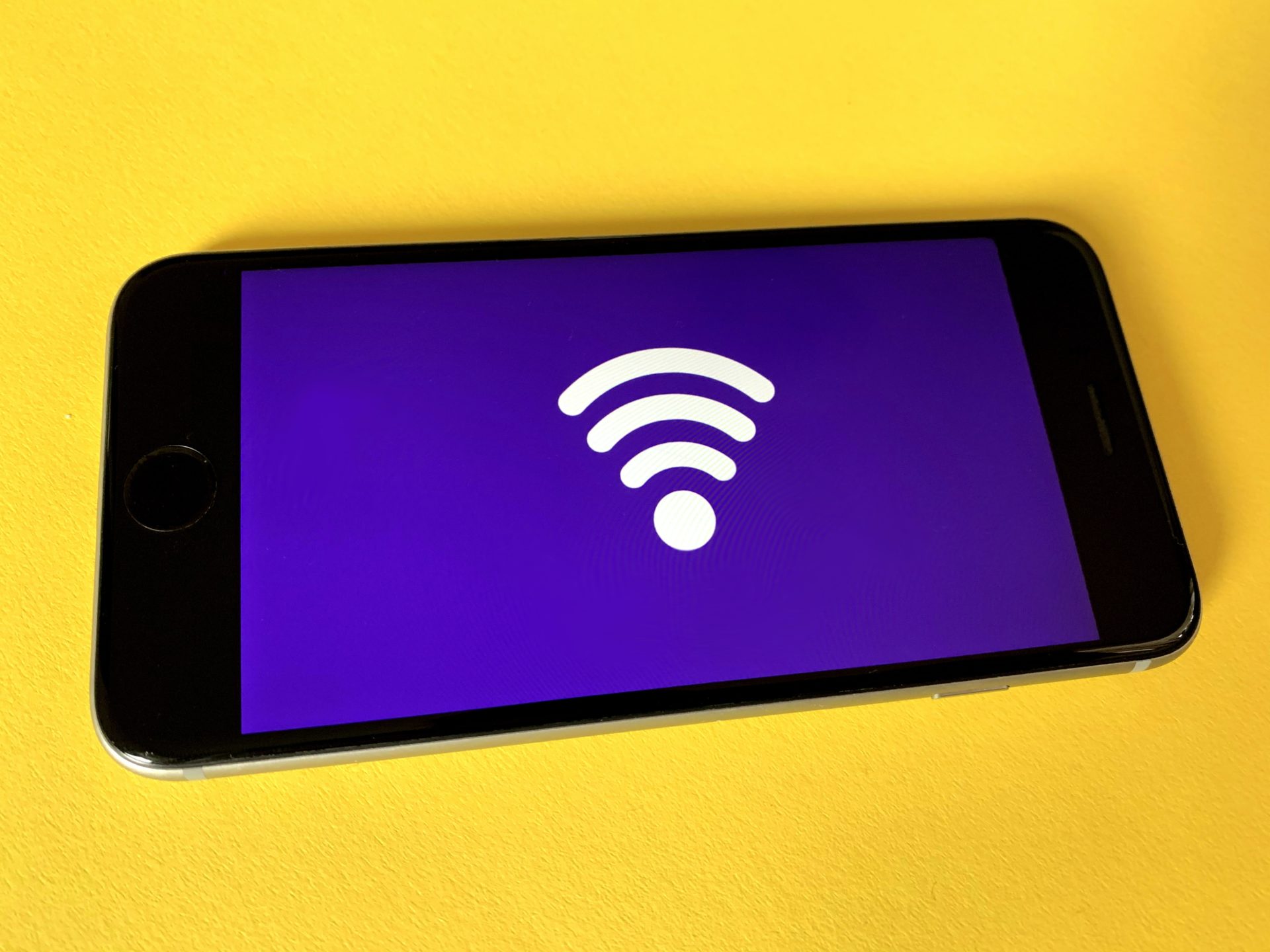The internet has seamlessly woven itself into the fabric of our lives, serving as an indispensable component. With a staggering global user count of over 5.16 billion individuals, it is evident that people rely on it extensively for their daily endeavors.
In our modern era, characterized by rapidity and efficiency, there exists an ardent desire for faster internet speeds.
“Omg, the connection here sucks, the download is really slow.”
Sounds familiar? Well, the truth is, if you find yourself lamenting about internet speeds, you probably live in a region with fast speeds. Regrettably, not all individuals enjoy equitable access to high-speed internet, thus exacerbating the digital divide.
What do we know about this digital divide? And what can be done to bridge it? Read more to find out!
The fast, the slow, and the inequitable
According to ExpressVPN, affluent regions tend to have the fastest internet speeds due to their stronger economies and developed infrastructure. Monaco, with the highest average download speed and GDP per capita, takes the lead.
Viewers in Monaco can download a 2-hour and 30-minute film in 4K Ultra HD quality in just over 7 minutes, thanks to its average download speed of 319.59 Mbps. Singapore, Switzerland, and Denmark, also among the top 10 countries with the highest GDP per capita, offer impressive download speeds for seamless movie viewing.
GDP, however, is not the sole factor determining internet speeds. Chile ranks third in internet speed despite a lower GDP per capita, as the government has prioritized internet access and connectivity through fiber optic cables.
While access to reliable internet remains a luxury for many, there is hope for improvement. Efforts such as Google’s collaboration with the Cuban government have led to increased connectivity and internet penetration in Cuba. African nations like Mozambique are also making progress with initiatives like Elon Musk’s Starlink satellite, paving the way for innovation and growth in these regions.
Wi-Fi 7: The future of Wi-Fi – what to expect?
The introduction of Wi-Fi 7, the latest generation of Wi-Fi technology, promises speeds up to four times faster than Wi-Fi 6E (devices operating in the 6GHz band). This significant boost in speed will enable users with access to Wi-Fi 7 to effortlessly download and upload large files, stream high-quality videos without buffering, and connect multiple devices simultaneously.
Nevertheless, it is crucial to recognize that these advancements may inadvertently widen the digital divide between different demographics and regions. While some parts of the world are prepared to embrace these changes, others may face challenges due to limited resources and infrastructure.
Fortunately, international partnerships have shown promise in bridging this gap. Initiatives like Starlink in Africa and Google’s collaboration with the Cuban government have contributed to improving internet connectivity. Through such collaborations and the continuous progress in technology, we are moving towards a future where comparing the time it takes to download a single movie will no longer be a meaningful measure of global internet speeds.
Bridging the divide: tips for quicker internet speeds
Whether you find yourself in a region blessed with lightning-fast internet or one that lags behind, there are always ways to optimize your online experience. Here are some practical tips:
 Restart your router
Restart your router- Move the location of your router
- Upgrade your router
- Disconnect unused devices
- Use an Ethernet cable
- Check for throttling
- Upgrade your plan
- Run antivirus scans
Conclusion
The internet has become indispensable in our lives, but in the future of the internet, the digital divide persists. The introduction of Wi-Fi 7 offers faster speeds, but it is essential to ensure equitable access. Particularly, efforts through partnerships and initiatives aim to bridge the gap and improve connectivity.
Users can also take action by optimizing internet speeds in practical ways. By addressing the digital divide and embracing advancements, we can create a more inclusive digital world!



 Restart your router
Restart your router

